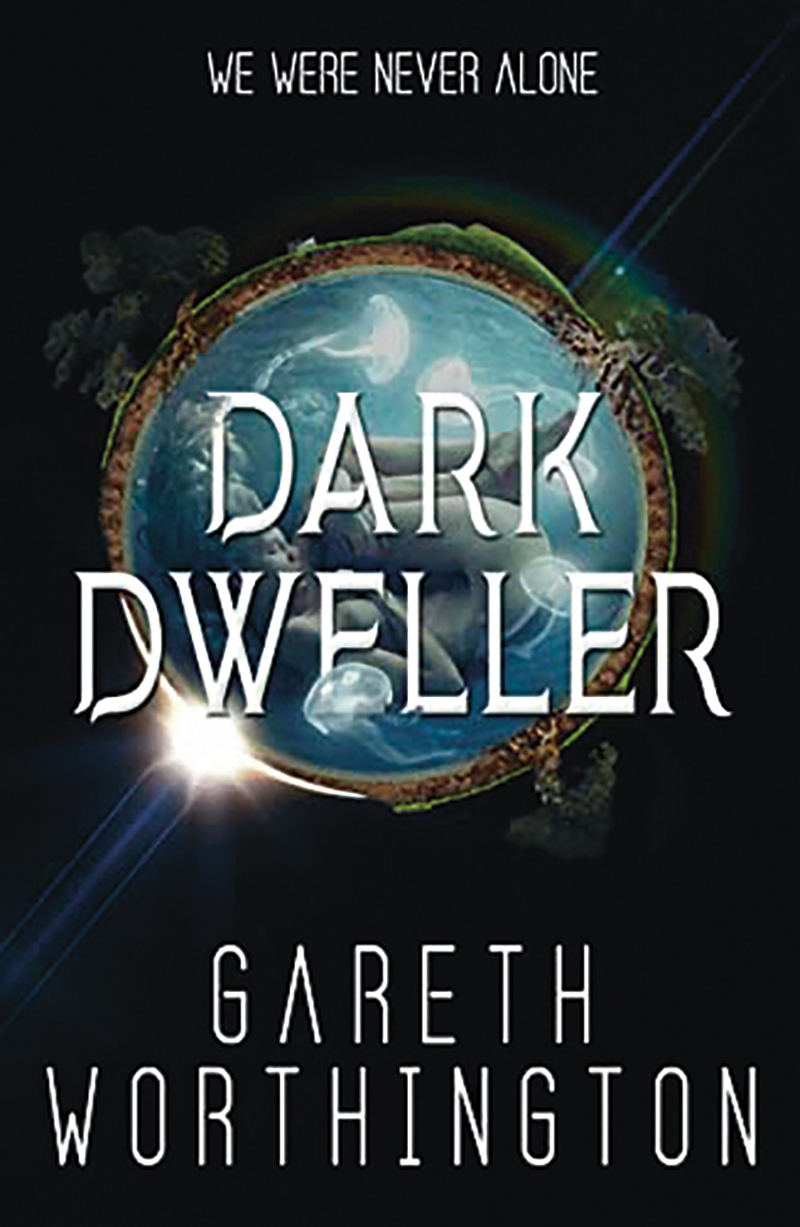When I was five years old, I watched the Challenger shuttle explode. I remember running from the TV in the living room to the kitchen to tell my mum. It was astonishing. The first civilian supported by NASA, the world’s largest and most well-funded space agency, had just died. I listened to Jean-Michel Jarre’s Last Rendez-vous (Ron’s Piece) – a dedication to the crew – on repeat. I was not deterred, and wanted to go to space too. Alas, spaceflight was beyond the reach of a council estate kid from Plymouth.
Fast forward to 2021, and a man who started on online bookstore – Jeff Bezos – went into orbit aboard his Blue Origin spacecraft. Not long after, and not to be outdone, Elon Musk sent a group of four civilians into orbit aboard a SpaceX rocket. Musk also has his own satellite network, Starlink.
As we run out of places to plant, farm, industrialise and build upon in the western world, the commercialisation of space is becoming a growing trend. My own south-west England now has a spaceport, funded with support from Cornwall Council, for sending up satellites, and presumably pasties.
With great power should come great responsibility
So it is that the commercialisation of technology means that the cost of goods and the need for technical knowhow are both reduced. The average person now has access to more computing power in their mobile phone than was used to send Apollo 11 to the Moon. None of us knows how our phone works. With great power should come great responsibility.
Unfortunately, that isn’t the case. In 2020, a man named Mike Hughes died when he crash-landed his steam-powered rocket shortly after take-off. The event was reportedly filmed as part of the TV series Homemade Astronauts. This is an extremely sad event, and perhaps the only silver lining is that no one else lost their life.
But what happens when easily accessible technology is purposefully used to harm?











